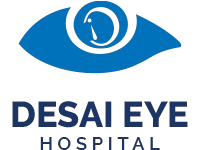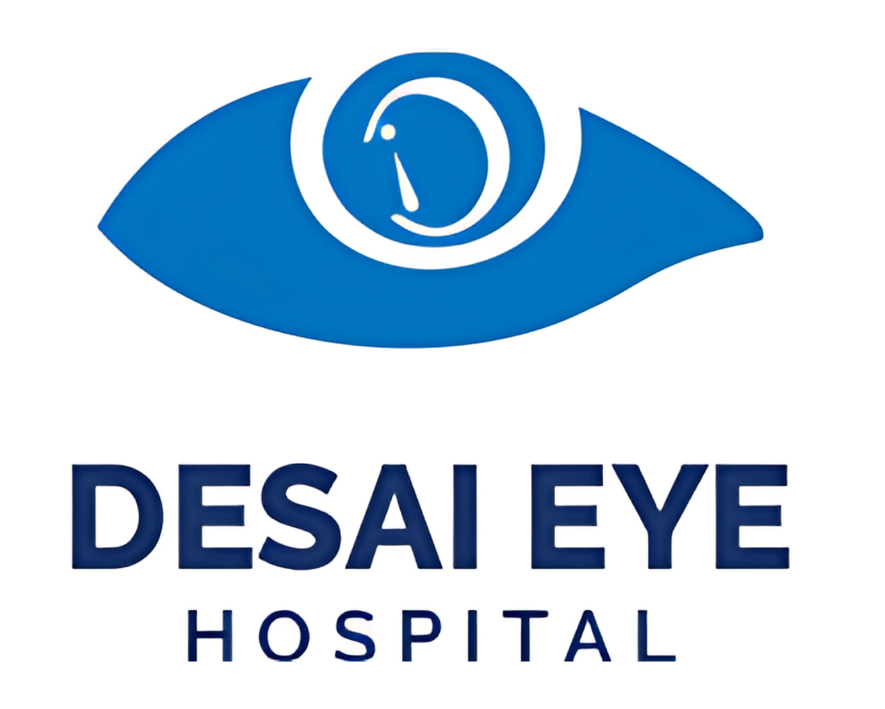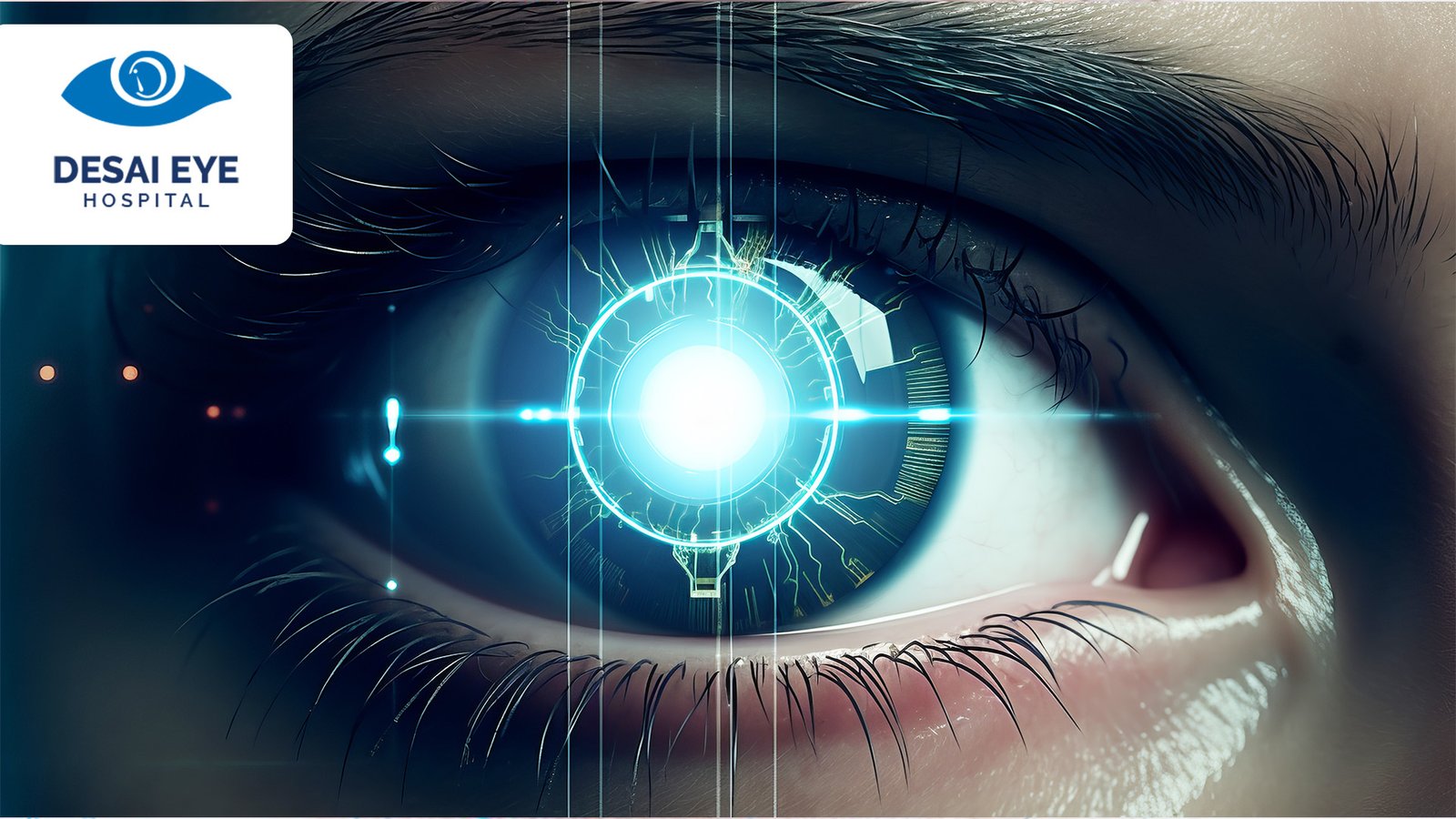A retina scan is a non-invasive imaging technique that provides a detailed view of the back of the eye, particularly the retina, blood vessels, and optic nerve. The retina is the light-sensitive layer at the back of the eye that captures visual information and sends it to the brain. Retina scans have become an essential tool in diagnosing and monitoring various eye diseases, offering early detection of conditions that can affect vision.
How Does a Retina Scan Work?
A retina scan is performed using advanced imaging technologies, including Optical Coherence Tomography (OCT), Fundus Photography, and Fluorescein Angiography. These devices capture high-resolution images of the retina and its surrounding structures, allowing ophthalmologists to examine the retina in detail.
Optical Coherence Tomography (OCT): This method creates cross-sectional images of the retina, revealing the layers of tissue and allowing for the detection of conditions such as macular degeneration or diabetic retinopathy.
Fundus Photography: This captures a wide-angle image of the retina and the blood vessels in the back of the eye. It helps monitor the health of the retina and detect diseases like glaucoma or hypertensive retinopathy.
Fluorescein Angiography: A special dye is injected into the bloodstream, and a series of images are taken as the dye travels through the retinal blood vessels, helping detect abnormalities like leakage or blockages.
Why is a Retina Scan Important for Eye Health?
Early Detection of Eye Diseases: Retina scans play a crucial role in detecting conditions such as diabetic retinopathy, macular degeneration, glaucoma, and retinal vein occlusion at an early stage. Many of these conditions are asymptomatic in their early phases but can lead to significant vision loss if left untreated. A retina scan can help catch these issues before they become more serious.
Monitoring Chronic Conditions: For individuals with chronic conditions like diabetes, regular retina scans are essential for monitoring the health of the retina and preventing complications such as diabetic retinopathy. The scan can track changes in the retina over time, enabling timely intervention.
Glaucoma Detection: Glaucoma is a leading cause of blindness, often progressing without noticeable symptoms. A retina scan can reveal early signs of damage to the optic nerve, a key indicator of glaucoma, allowing for early treatment and better management of the disease.
Assessment of Age-Related Changes: Conditions like age-related macular degeneration (AMD) can lead to progressive vision loss. A retina scan can help detect the early stages of AMD, enabling prompt intervention and slowing down the disease’s progression.
Non-Invasive and Painless: Retina scans are completely non-invasive and painless, making them suitable for regular monitoring. Unlike other diagnostic tests that require anesthesia or surgical procedures, retina scans are quick, comfortable, and safe for patients of all ages.
When Should You Get a Retina Scan?
It’s recommended to have a retina scan as part of your comprehensive eye exam, especially if you’re over 40, have a family history of eye diseases, or have health conditions like diabetes or hypertension that can affect eye health. Even if you’re healthy, a retina scan can serve as a preventive measure to ensure your eyes remain in optimal condition.
Consultation at Desai Eye Hospital
Desai Eye Hospital offers state-of-the-art retina scans as part of our comprehensive eye health services. Our experienced ophthalmologists use the latest technology to provide accurate diagnoses and personalized treatment plans for your eye health. Schedule a consultation today to learn more about retina scans and how they can benefit your vision!


